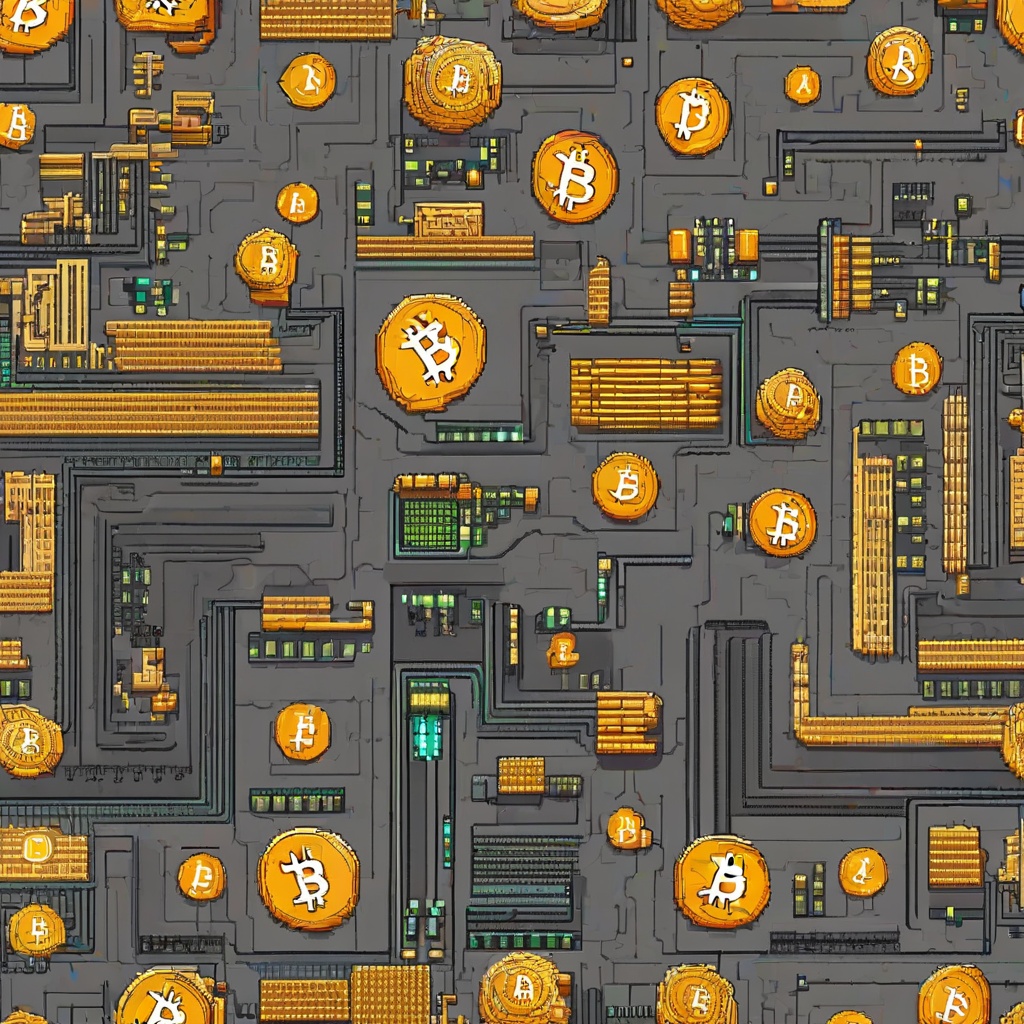Is bitcoin a safe-haven asset?
Could you elaborate on whether <a href="https://www.btcc.com/en-US/academy/research-analysis/bitcoin-btc-price-prediction-2023-2025-2030-is-btc-a-good-investment" title="Bitcoin">Bitcoin</a> qualifies as a safe-haven asset? Many investors view traditional safe-havens such as gold and government bonds as reliable stores of value during market turmoil. However, Bitcoin's volatile price movements and lack of regulation raise questions about its suitability as a safe-haven. On the other hand, some argue that Bitcoin's limited supply and decentralized nature provide protection from inflation and economic turmoil. How would you weigh the pros and cons of considering Bitcoin a safe-haven asset? And how do its characteristics compare to those of traditional safe-havens?

Is bitcoin a medium of exchange or an asset?
As a <a href="https://www.btcc.com/en-US" title="cryptocurrency">cryptocurrency</a> enthusiast and finance practitioner, I'm often asked to clarify the nature of Bitcoin. So, let's delve into this question: "Is Bitcoin a medium of exchange or an asset?" On the surface, Bitcoin appears to function as a medium of exchange, allowing for peer-to-peer transactions without the need for traditional intermediaries. However, its value has skyrocketed in recent years, making it seem more like an asset or investment. The key lies in understanding Bitcoin's dual nature. As a digital currency, it facilitates fast and secure transactions. But as a limited resource, its scarcity drives up its value. So, the answer is both. Bitcoin can be used as a medium of exchange for daily transactions, but it's also becoming increasingly recognized as a valuable asset in today's digital economy.

Is bitcoin considered an asset on a FAFSA?
When considering financial aid options through the Free Application for Federal Student Aid (FAFSA), one may be left wondering: Does the value of my <a href="https://www.btcc.com/en-US/academy/research-analysis/bitcoin-btc-price-prediction-2023-2025-2030-is-btc-a-good-investment" title="Bitcoin">Bitcoin</a> holdings factor into my financial picture? Is Bitcoin, the leading cryptocurrency, recognized as an asset that should be disclosed on the FAFSA? As the digital currency landscape continues to evolve, it's crucial to understand how, if at all, cryptocurrencies are taken into account when determining financial aid eligibility. Given the volatile nature of Bitcoin and other cryptocurrencies, how do students and families navigate this emerging financial landscape when applying for federal student aid?

Is crypto an asset in Australia?
Could you please clarify whether cryptocurrency is considered an asset in Australia? I'm interested in understanding how it's taxed and regulated in the country. Does it fall under any specific category for investment purposes? Is there any guidance or clarity from the authorities on how to treat crypto holdings? Additionally, how do Australians generally view crypto as an investment option? Is it widely accepted or still considered a risky and volatile asset? Thank you for your insights.

Is Bitcoin a currency or an asset?
I'm often puzzled by the classification of Bitcoin. Is it truly a currency, meant for daily transactions and serving as a medium of exchange? Or is it more accurately described as an asset, akin to gold or other commodities, whose value fluctuates based on market demand and supply? After all, Bitcoin doesn't seem to fulfill all the traditional roles of a currency, such as widespread acceptance or stability in value. On the other hand, its limited supply and increasing popularity among investors suggest it may be more of an asset. Could you please clarify this for me? How do you personally categorize Bitcoin, and what factors influence your opinion?

